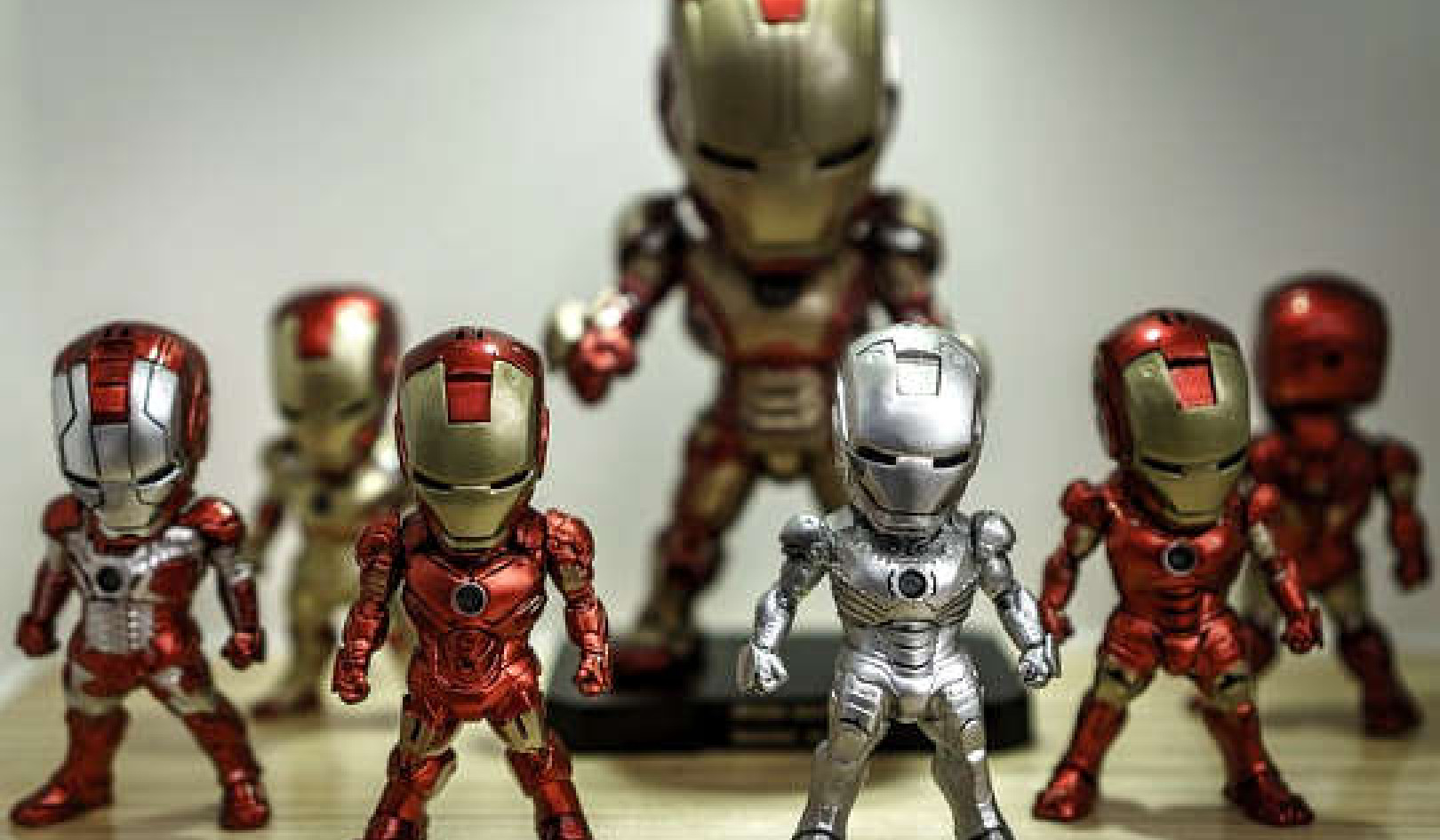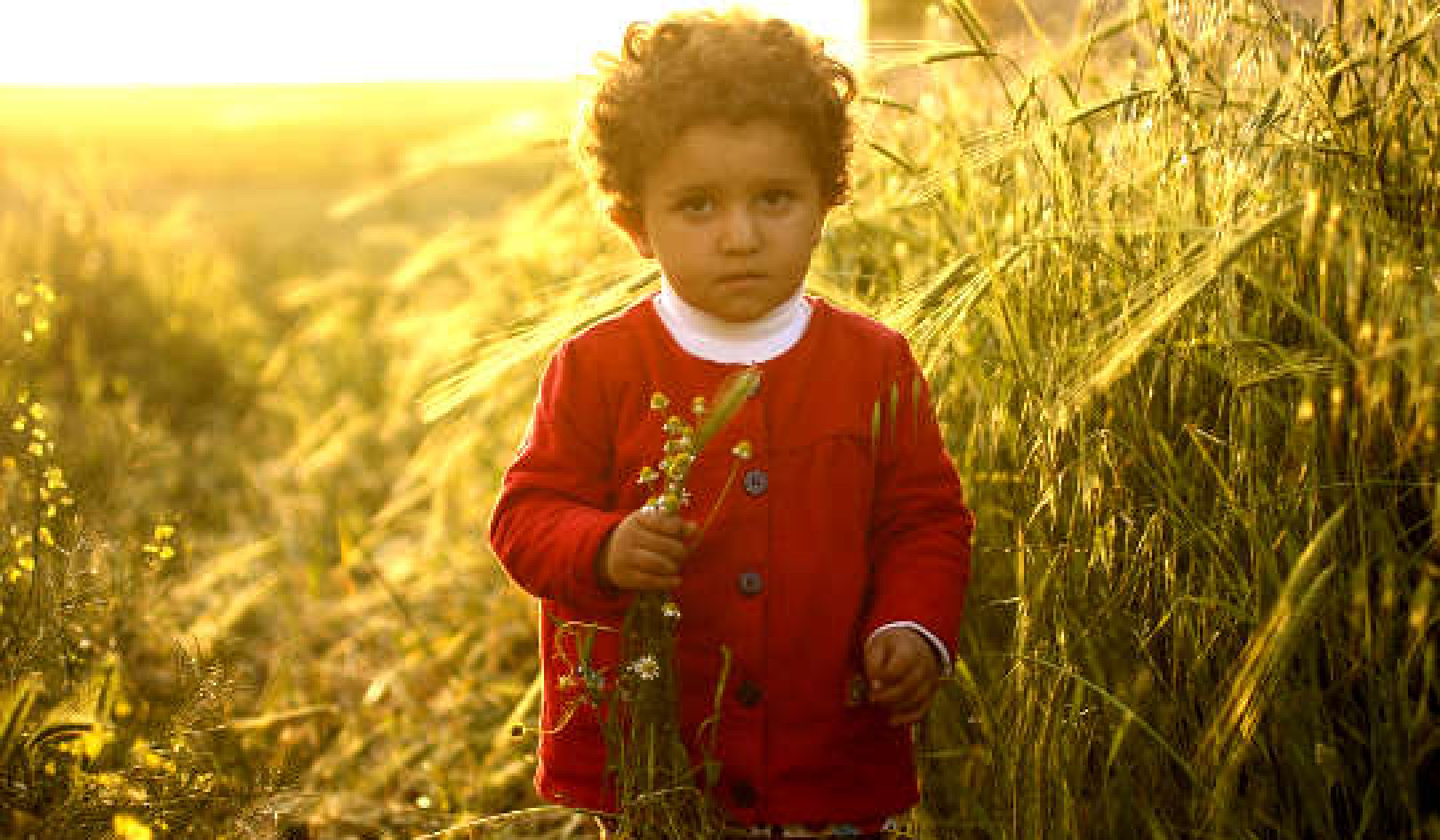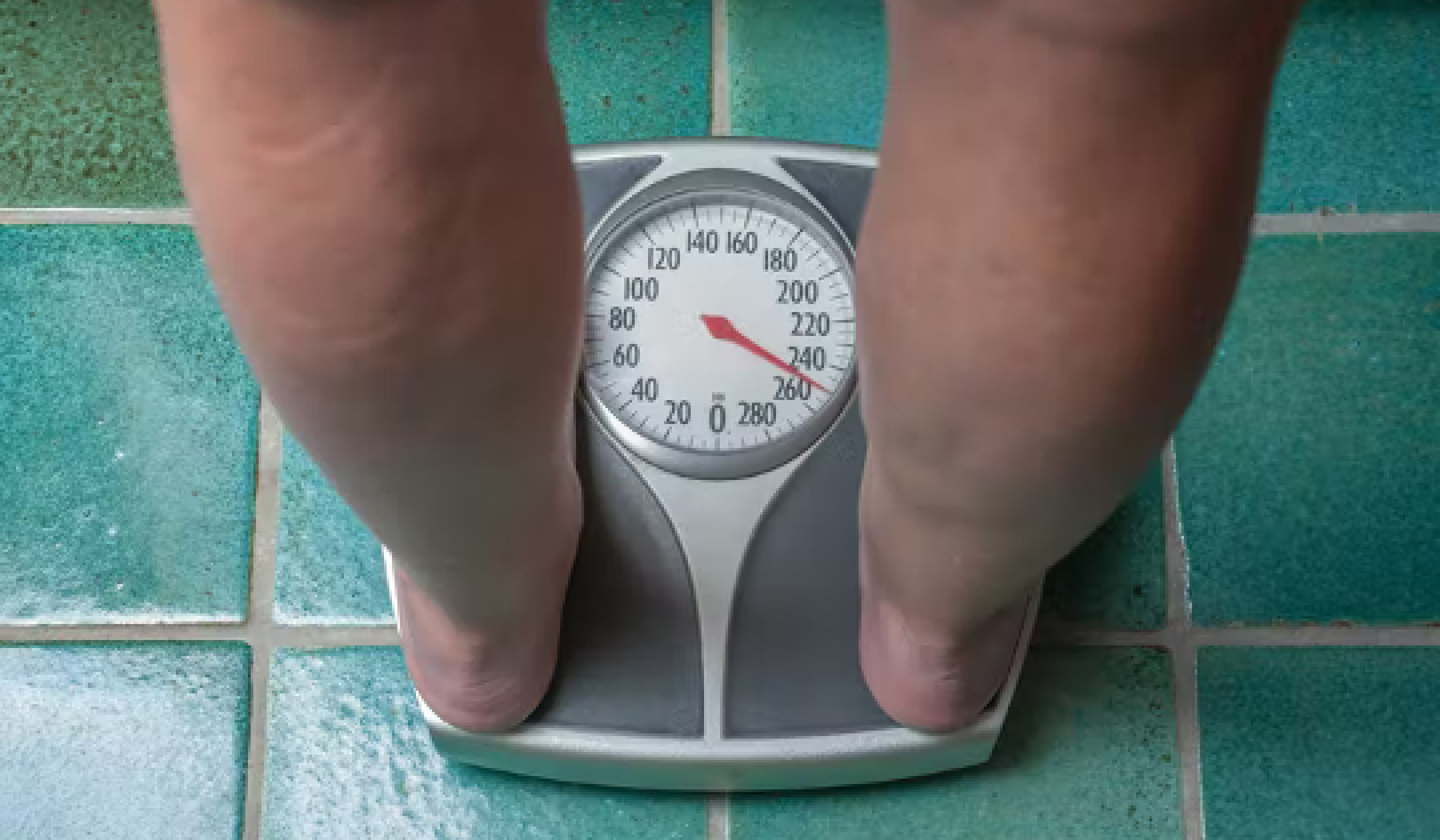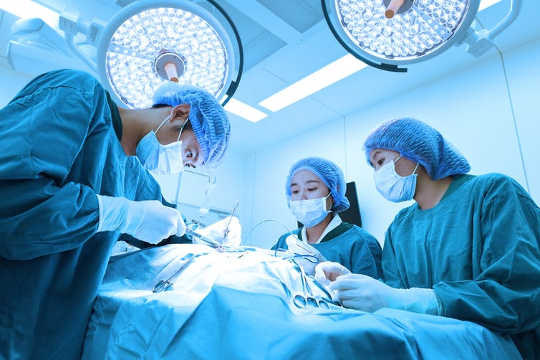
shutterstock Deborah Robinson, University of Hull
We’ve seen the TV dramas – Grey’s Anatomy, ER, Casualty, Holby City – and most of us like to think we have a pretty good idea of what happens in an operating theatre. The doctors and nurses will be clad in blue scrubs, operatic music will be playing, with intermittent calls of “scalpel” or “swabs”, right?
For those readers, who’ve ever had an operation – whether it was planned or an emergency – things in the real world probably felt very different to those familiar TV drama medical emergency scenes. In part, this is because TV programmes often portray the staff who work on the wards also working in the operating theatre – but this isn’t the case.
In fact, it’s not just doctors and nurses that make up part of the team involved in an operation, there is also a group of professionals, known as operating department practitioners (ODPs), who are trained specifically to look after you when you’re under the bright lights of the operating theatre.
What happens when I arrive?
Having an operation can be highly stressful. You might have been told not to eat before. It all feels a bit unknown, and you aren’t exactly sure what will happen. But the staff at the hospital are on hand to try and make things easy for you.
As you are arrive on the ward, a whole team of staff are busy preparing for your surgery. You’ll be asked to confirm who you are and what you’re being admitted for. You will also be asked to change into a very fetching hospital gown. Someone will also sit down and talk you through what’s happening and check you have not eaten – this is so you don’t vomit during your anaesthetic.
Who looks after me?
The team looking after you has three sub teams working as one. They are the anaesthetic team, the surgical team and the post anaesthetic team. These teams work like cogs and your care and treatment is seamless. As a minimum, this would mean you would have nine health professionals caring for you at any one time.
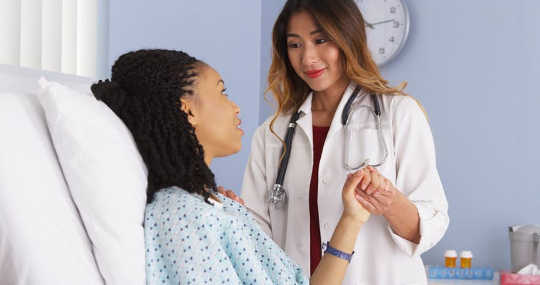
Knowing you’re in safe hands is important. Shutterstock
Your operating team on the day will have doctors – who are the anaesthetist, and the surgeon – but the rest of the team could be made up nurses, ODPs and healthcare assistants. ODPs are generally a graduate professional and they train through university in partnership with the hospital operating theatres.
When do I have the anaesthetic?
When the team is ready and it’s time for your surgery, you have your anaesthetic. This will be delivered by an anaesthetist, but there always has to be trained assistance – normally an ODP.
On arrival in the anaesthetic room, it is the ODP that greets you with a big smile and often a cheesy joke. After all, they have minutes to get to know you and for you to trust them with your life. They will attach you to the monitoring equipment and measure your baseline pulse and blood pressure readings.
You will need a cannula (a plastic tube) inserting into a vein, so the anaesthetist can give you the drugs. This is the point where you may be asked to start counting back slowly from ten – you won’t even get to seven.
What happens during surgery?
While the anaesthetic team continue to look after you, the surgical team carry out your operation. The surgeon will have at least one assistant – I have known more than ten people to be part of this team for major head and neck cancer surgery. The first assistant and other assistants scrub up with the surgeon and help with the surgery.
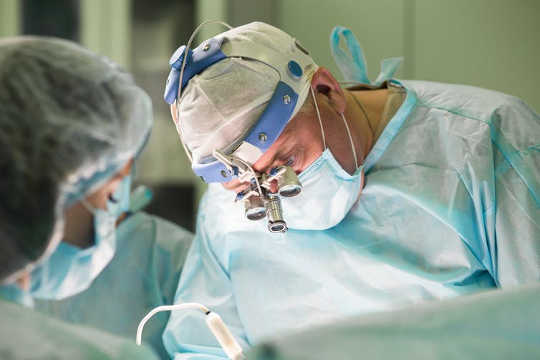
Laser-like precision. Shutterstock
Adding to this team there is a scrub practitioner and their role is to provide the swabs, needles and equipment to the surgeon and the assistants. They are the ones who also count everything to make sure you don’t leave the operating theatre with any unwanted extras.
When can I go home?
Once your surgery is complete your wounds will be dressed by the surgical team. Your anaesthetic will be reversed and you will be taken to the post anaesthetic care unit – which used to be called recovery. Here you will be looked after until you are ready to be discharged back to the ward. Here, you wounds will be inspected, and whoever’s looking after you will make sure your pain is under control and you are not feeling sick.
Once you are awake and comfy, you will be taken back to the ward where your relatives may be waiting and you should be able to have something to eat and drink. Depending on your surgery and who you have at home to look after you, you may even be allowed to go home the same day.
About The Author
Deborah Robinson, Senior Lecturer and Head of Health and Social Work School, University of Hull
This article was originally published on The Conversation. Read the original article.
Related Books
at InnerSelf Market and Amazon



















